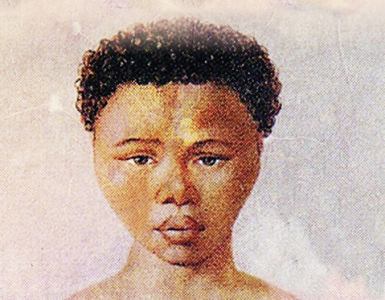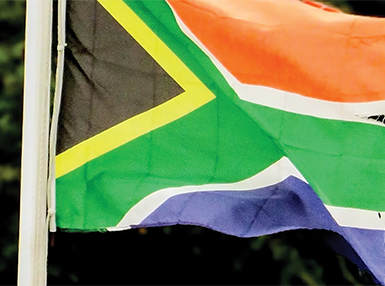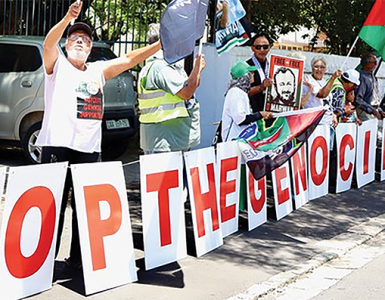NEXT CHAPTER: South African athletics icon “Cobra” Semenya embracing life as a coach and off to Harvard to deliver lecture
By Sports Reporter
At 34, after being barred from competing in her beloved 800m event due to high testosterone levels by World Athletics, Semenya knew she needed to plan for a life beyond racing.
She found her passion in coaching, and now, as co-founder of the Masai Athletics Club in Tshwane with her partner Violet Semenya, she is reaping the rewards of her new path.Glenrose Xaba triumphed in the race, completing it in 33 minutes and 13 seconds, while Karabo Mailula finished third in 33:33. Karabo More claimed sixth place in 34:32, and Karabo Motsoeneng rounded out the top ten with a time of 35:41.
Semenya, who completed the 10km in over an hour, no longer seems focused on competitive racing. Instead, she found immense joy in seeing all her runners finish in the top ten, celebrating the success of her athletes as a job well done.
“Running was never meant to be a permanent part of my life,” Semenya told SABC Sport. Semenya this week posted a resilient message on social media as she continues her life away from the international track.
The 800m specialist has spent her entire career being questioned about her gender and has been ruled out by international bodies due to her testosterone levels. Local netizens offered support for Semenya as she continues to be scrutinised over her gender and new regulations preventing her form elite competitions . Despite winning 14 gold medals in her professional career, the 800m runner has suffered recently after being scrutinised by sporting authorities over her testosterone levels. Caster Semenya remains positive as she deals with criticism.
As she endures constant questions from authorities and fans over her sexuality, Semenya has remained positive despite the unfavourable ruling from the European Court of Human Rights.
“For me, it was a chance to see the world and to proudly represent my country. I always knew it would eventually come to an end, so I prepared myself for the next chapter—whether that meant becoming a coach, a manager, or a mentor. I’ve chosen to embrace the role of a coach.
The transition from athlete to coach has been a natural one for me because I’ve always understood that I was fighting a battle beyond my control.”
Semenya has come to terms with the fact that she will no longer compete in the 800m, but that hasn’t stopped her from continuing the fight against World Athletics — a battle she says she’s taking on for the next generation. Her focus now is on ensuring that the athletes she mentors enjoy their running and reach their goals this season.
“Only God guides me, and only God can stop me,” said Semenya.“God has led me down a path that brings me fulfilment — a path of development and coaching. I want to help save the lives of young women and men through sport. I’ve been blessed with a partner who shares the same passion for developing young talent.
The transition has been beautiful.
Running my development initiative has also taught me how to love myself more deeply. “Yes, the door to competition has closed, but it’s opened another one that’s helping me grow into an even better version of myself.
Running was never meant to last forever — it was a temporary journey, and I was a great champion at it. Now my mission is to teach others how to become champions, how to celebrate themselves, and how to never give up.
My ultimate goal is to promote African sport, and I won’t rest until I’ve achieved that.” Semenya also believes she doesn’t need a coaching badge to prove her ability, as coaching is something that comes naturally to her.
According to local newspapers Semenya will deliver the keynote address at the Harvard University’s prestigious Women in Power conference on April 12 in the United States.
































